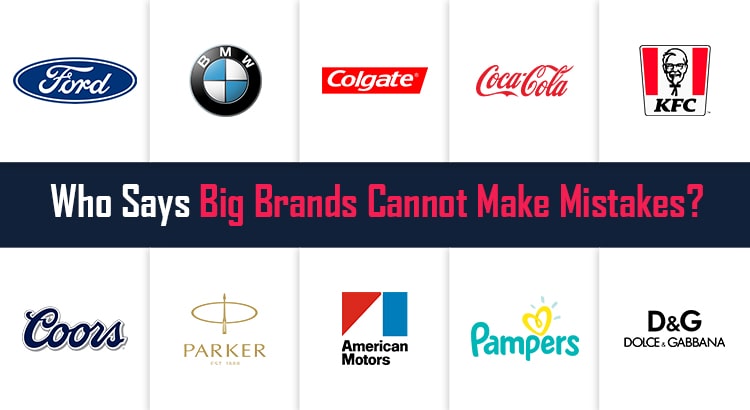In the world of branding, mistakes can prove to be costly, with the potential to alienate customers and damage a company’s reputation. While we often say “to err is human,” it’s not just individuals who can make mistakes. In fact, some of the biggest blunders in branding have been committed by companies themselves.
Ford – When promoting a car in Belgium, Ford used the tagline “Every car has a high-quality body”, which was mistranslated to “Every car has a high-quality cadaver”. In Brazil, the name of their car, Pinto, was translated to mean tiny male genitals, which caused a problem.
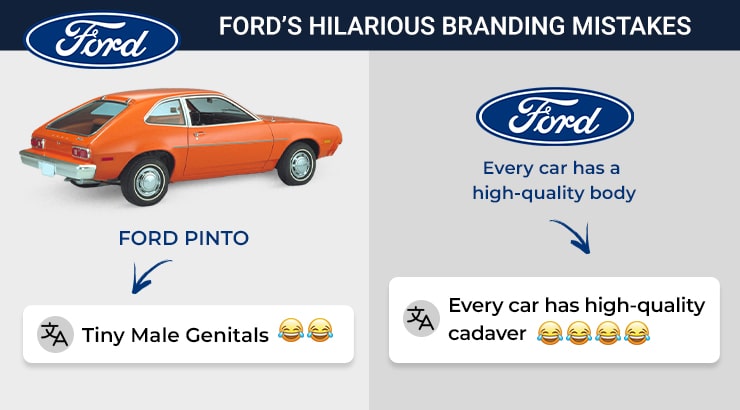
Coca- Cola – When Coca-Cola first started selling their product in China, the name was sometimes translated to mean “Bite The Wax Tadpole.” This was not an accurate translation of the intended meaning of the brand name, and it caused confusion among Chinese consumers.

BMW – BMW made an ad in the UAE that portrayed the national anthem in a bad way. This caused a lot of anger and boycott threats from Emiratis. BMW had to apologize and remove the ad.
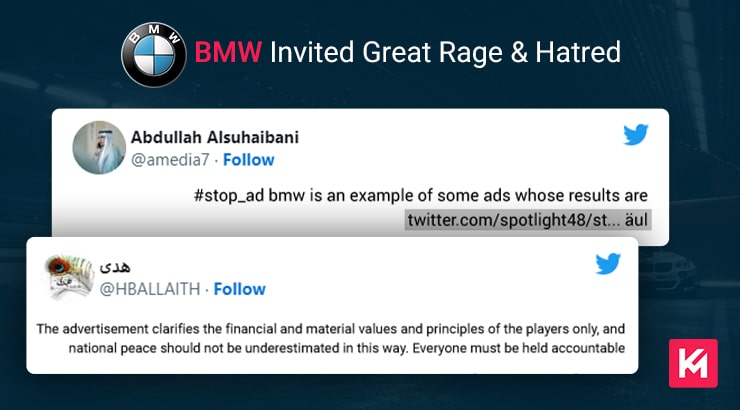
Colgate – Colgate, a toothpaste brand, made a mistake when launching its product in France. They named their toothpaste “Cue” without realizing that it was also the name of a popular French pornographic magazine. This unfortunate mistake could have caused confusion among consumers and potentially damaged the reputation of the brand in France.
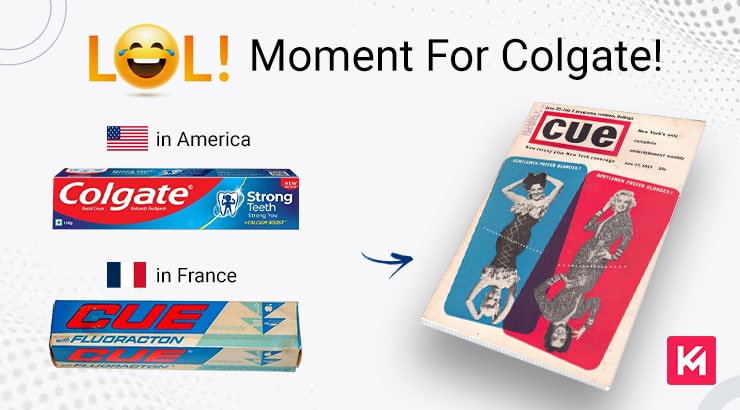
KFC – When KFC opened its first store in Beijing in the late 1980s, it accidentally translated its famous slogan “Finger-Lickin’ Good” to “Eat Your Fingers Off”. Luckily, it didn’t cause any major problems.

Coors – When translating its “Turn it Loose” campaign for the Spanish market, Coors forgot that slang doesn’t always carry over as intended. The tagline ended up meaning “Suffer from diarrhoea”.
Parker Pen – When Parker Pen entered the Mexican market, they mistakenly translated their slogan “It won’t leak in your pocket and embarrass you” to “It won’t leak in your pocket and make you pregnant.” This error occurred due to the confusion between the Spanish words “embarazar” (to impregnate) and “avergonzar” (to embarrass).
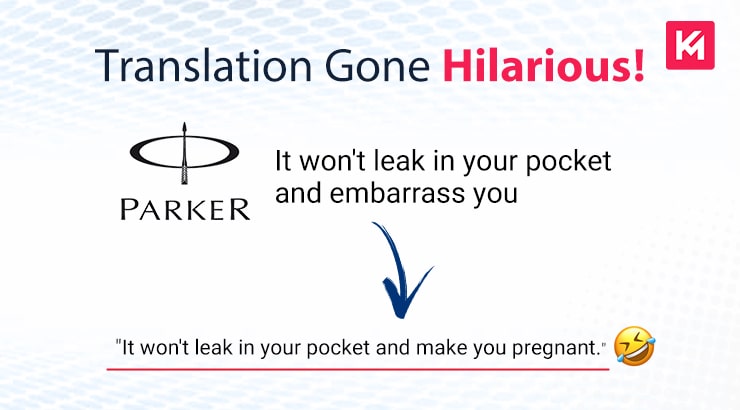
American Motors – American Motors learned the hard way when launching a mid-sized vehicle called the Matador in Puerto Rico. The word matador roughly translates to “killer” in the local language, which is not a good name for a vehicle.
Vicks – Vicks introduced their cough drops in Germany without knowing that the German language pronounces “v” as “f.” As a result, “Vicks” sounded like a slang word for sexual intercourse in German.
Braniff Airlines – Braniff Airlines caused a controversy when promoting its new leather seats on flights to Mexico. The slogan “Fly in Leather” roughly meant “fly naked” in Spanish.
Dolce & Gabbana – In a recent social media campaign, Dolce & Gabbana portrayed a Chinese woman eating Italian food with chopsticks while a male voice instructed her in the background. This did not resonate well in the Chinese market, with several individuals threatening to boycott the brand.
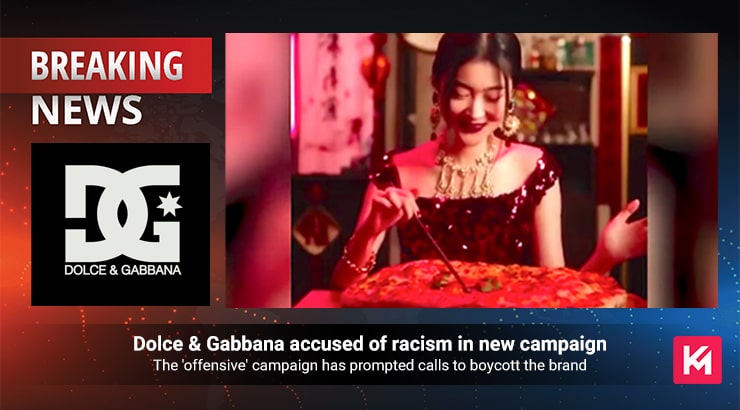
Pampers – When selling products under the Pampers brand in Japan, Procter & Gamble included the image of a stork carrying a baby in diapers. While this is popular folklore in the USA, Japanese parents were not aware of the reference and became confused.
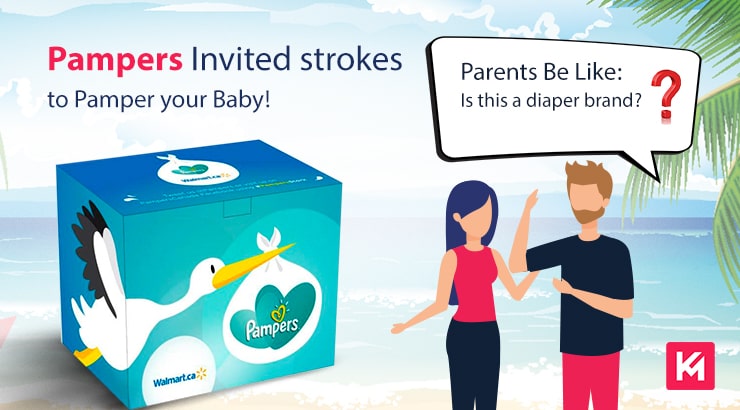
HSBC Bank – HSBC Bank spent a lot of money translating its 5-year-old “Assume Nothing” ad, which was mistranslated in many countries to mean “Do Nothing”. They had to change their slogan to “The World’s Private Bank” which was easier to translate.
Electrolux – Swedish electronics giant Electrolux used the slogan “Nothing Sucks Like an Electrolux” to promote its range of high power vacuum cleaners in the US. This did not go over well with US consumers.
Conclusion
Even the biggest and most established brands can make mistakes that cost them potential customers and damage their reputation. The key takeaway for brands is to always do their due diligence and thoroughly research any new markets or languages they plan to enter, as well as to work with professionals who can ensure accurate translations and cultural sensitivity. By taking the necessary precautions and being mindful of potential pitfalls, brands can avoid costly and embarrassing mistakes and maintain their global presence with a positive reputation.

